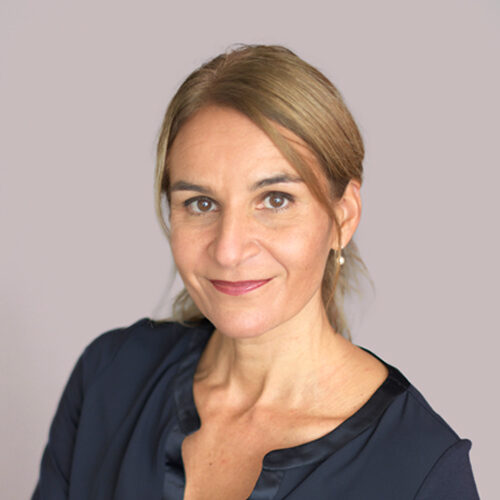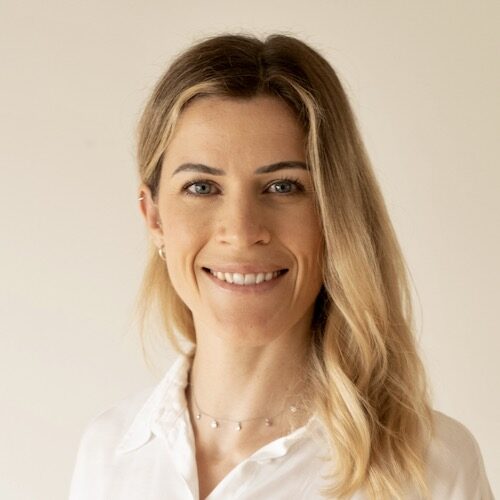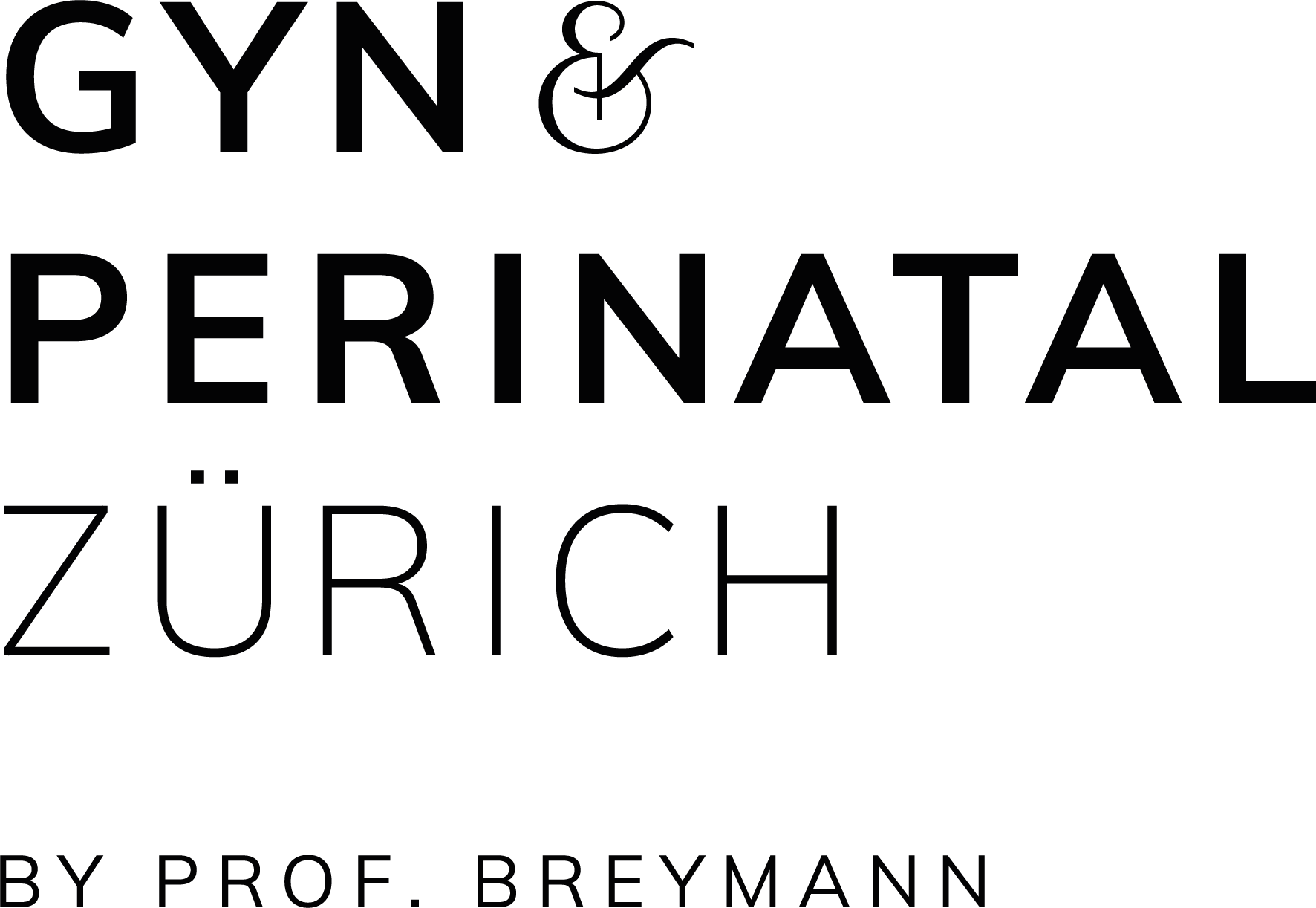Late pregnancy - maternal happiness with a risk factor?
The oldest pregnant woman cared for by Professor Dr Christian Breymann as head of Gynaecology & Obstetrics Seefeld and the Perinatal Institute in Zurich was 55 years old.
Even though pregnancies and births at this age are rare, the trend is clearly upwards, explains Prof. Breymann: "The average age of women pregnant with their first child has now risen to 35 plus. And the number of late childbearing women is steadily increasing."
After 35, the fertility curve drops steeply
When women become pregnant in their late 30s or early 40s, that is already very lucky, reports obstetrics specialist Prof. Breymann. From the age of 35, the fertility curve drops steeply. According to Prof. Breymann, the main problem is the biological quality of the eggs, which decreases with age: "In women over 40, 30-50 % of the eggs are no longer viable, i.e. fertile.
On the one hand due to genetic defects in the egg, on the other hand due to unfavourable biochemical factors that negatively influence the development into an embryo. In addition to maternal age, the age of the partner also plays an important role. Even if exceptions like Charlie Chaplin or Rolling Stones singer Mick Jagger contradict every statistic, the declining quality of male sperm also plays a decisive role. The risk of adverse genetic changes occurring in the sperm is significantly greater than in younger fathers.
Even for younger couples who wish to have children, it usually takes a year before a pregnancy actually occurs. Older couples should seek counselling after 6 months if possible, or after 12 months at the latest, if pregnancy cannot be brought about naturally. In the best case, if the woman is healthy and has a regular cycle, the administration of hormones is sufficient to trigger ovulation of suitable cells and bring about fertilisation.
In more difficult cases, in vitro fertilisation (IVF), the fertilisation of retrieved eggs in a test tube, is also possible. The success rate at the first attempt is about 30 per cent. In the meantime, the ICSI method is used more frequently: with the "intracytoplasmic sperm injection" (ICSI), a single sperm cell is injected directly into an egg cell that was previously removed from the woman's ovary.
Every second pregnancy is classified as a high-risk pregnancy
Pregnancies in which the expectant mother is 35 years old or older are considered high-risk pregnancies in Germany, Austria and Switzerland. Almost every second maternity record now bears this remark. Women over 40 in particular are increasingly experiencing problems during pregnancy that affect both mother and child. The older the expectant mother, the higher the risk of gestosis ("pregnancy poisoning"), diabetes, cardiovascular diseases, trisomy (including Down syndrome) or premature or stillbirth. For Prof. Dr. Breymann, the actual risk of pregnancy depends on two main factors: "Firstly, whether it is a first or subsequent pregnancy, and secondly, the woman's general state of fitness and health.
If she has an athletic constitution and no illnesses worth mentioning, or if she has already given birth to a child without any complications, I don't think pregnancy is a problem for a 40-year-old. Nevertheless, he recommends close supervision and support for all older mothers during pregnancy. Prof. Breymann has even developed his own product line (Prof. Breymann Womens Ortholine Microcare™) to keep the strained iron and vitamin balance at a good level. Additional safety is provided by special control examinations, e.g. of the amniotic fluid or the blood circulation of the placenta or the blood vessels of the foetus by means of so-called Doppler ultrasound.
Older pregnant women who have already had complications in a previous pregnancy or birth or who suffer from diabetes, kidney problems or cardiovascular diseases are at higher risk. In consultation with the treating specialists, a precise adjustment of the hormone or insulin requirements is necessary here, for example.
Reduce fears through regular checks
It is also important to Prof. Breymann to protect his patients from "dangerous half-knowledge". He especially warns against dubious internet forums and self-proclaimed guides that only lead to hysteria and panic: "Your doctor will do everything to guide you safely and healthily through your pregnancy until you hold your child in your arms.
With all the checks and educational talks, one thing must not be forgotten: Pregnancy should be a wonderful time full of anticipation. If the woman is worried non-stop, this is not a good starting point for a carefree mother-child relationship. Whether the expectant mother is 20 or 45 years old, we doctors must try to make her pregnancy as pleasant and calm as possible. From my experience, I can only say: in many cases, everything goes well with intensive care for older pregnant women. “
This was also the case with Prof. Breymann's 55-year-old patient. At the end of a not entirely uncomplicated but ultimately happy pregnancy, little Dorothea was born healthy after a Caesarean section, weighing 3250 g.






